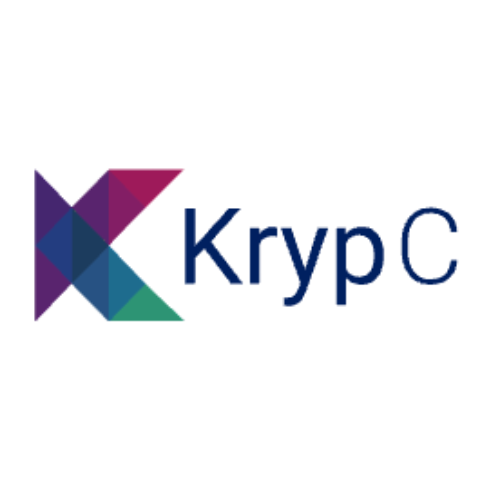
KrypC’s CarbonCore
KrypC is a global technology company providing enterprise blockchain and Web3 solutions. Its Krypcore Web3 platform enables developers to build and scale decentralized applications with low-code tools. In the sustainability sector, KrypC’s CarbonCore uses Hedera Hashgraph to tokenize carbon credits, creating transparent, verifiable carbon offset workflows. The company also offers Verification-as-a-Service on Hedera to authenticate digital documents securely. Its solutions leverage Hedera to deliver scalable, efficient, and secure blockchain applications across industries.
Project Information
Related Projects

NFT.com is a platform dedicated to the world of non-fungible tokens (NFTs), providing a comprehensive ecosystem for creators, collectors, and brands. The company, which is a subsidiary of Immutable Holdings, aims to be a central hub for the NFT community, offering a range of services designed to enhance the user experience and drive the adoption of digital collectibles.
The core of NFT.com's service is its marketplace and social platform. It allows users to create personalized NFT galleries to showcase their collections, which in turn form the foundation of a decentralized Web3 social network. The platform provides tools for minting new NFTs, as well as for buying, selling, and trading them. A key feature is the "Genesis Key," an NFT that provides holders with a lifetime, fee-free membership to the platform and the ability to create a custom profile.
NFT.com is built on Hedera with multi-chain functionality baked in. By building on Hedera, NFT.com can leverage the network's high throughput, low fees, and carbon-negative infrastructure to provide a fast, efficient, and sustainable experience for its users.

Coforge is a global digital services and solutions provider headquartered in India, with offices in the US, UK, Asia, and Australia. It assists clients in transforming their businesses by integrating domain expertise with emerging technologies.
The firm primarily serves sectors such as banking and financial services, insurance, and travel and hospitality. As a member of the Hedera Governing Council, it serves a key role in the distributed ledger technology (DLT) space.
Coforge offers services utilizing data and analytics, artificial intelligence, machine learning, cloud computing, and digital process automation to deploy innovative solutions on the Hedera platform. Its offerings include application development and management, managed services, and business process solutions, all with a focus on creating intelligent, high-performing, and secure systems.
Through its role with Hedera, Coforge is supports a diverse group of international clients in their digital transformation journeys and serves leading organizations, including numerous Fortune 500 companies. These include Microsoft, Amazon Web Services (AWS), and Salesforce, among others.

LokkaRoom is a digital sporting event engagement platform designed to revolutionize and enhance fan engagement across the global sports industry. Developed by TMA Sport and built on the Hedera Hashgraph network, it provides a centralized and secure ecosystem where sports organizations, clubs, athletes, sponsors, and fans can connect and interact.
The platform leverages Web3 technologies to offer a range of digital experiences, including event ticketing, exclusive memberships, digital collectible non-fungible tokens (NFTs), merchandise sales, live voting and polling, and access to unique branded content.
LokkaRoom aims to deepen the connection between fans and their sporting heroes by enabling more meaningful and rewarding interactions. For clubs and athletes, it offers new avenues for sustainable revenue generation, brand building, and direct engagement with their supporter base.
It utilizes unique FIAT-backed tokens for in-platform transactions, making the platform secure and accessible for all fans and features partnerships with numerous organizations including the MK Breakers, Manchester Giants, and Derby Trailblazers basketball clubs.

DaVinciGraph is a comprehensive token management platform operating on the Hedera blockchain network. Its platform is designed to enhance the functionality and efficiency of projects within the Hedera ecosystem through a suite of service offerings for token creators and NFT projects.
Its key offerings include tools for on-chain token management, token locking and vesting, and a token burner service for managing supply called “Blackhole.” This feature allows for permanent removal of tokens from circulation, ideal for creating deflationary effects or making irreversible token commitments within the Hedera ecosystem.
DaVinciGraph also features "DaVinciPics," a service for managing and displaying token and NFT logos consistently across decentralized applications (DApps).
The DaVinciGraph platform offers a token launchpad for new projects to introduce their tokens and a novel airdrop system. It also features the DAVINCI token, which gives holders unique access to NFT and related events. Its overall goal is to support a scaling, secure, and transparent environment for comprehensive token lifecycle management and project funding.
